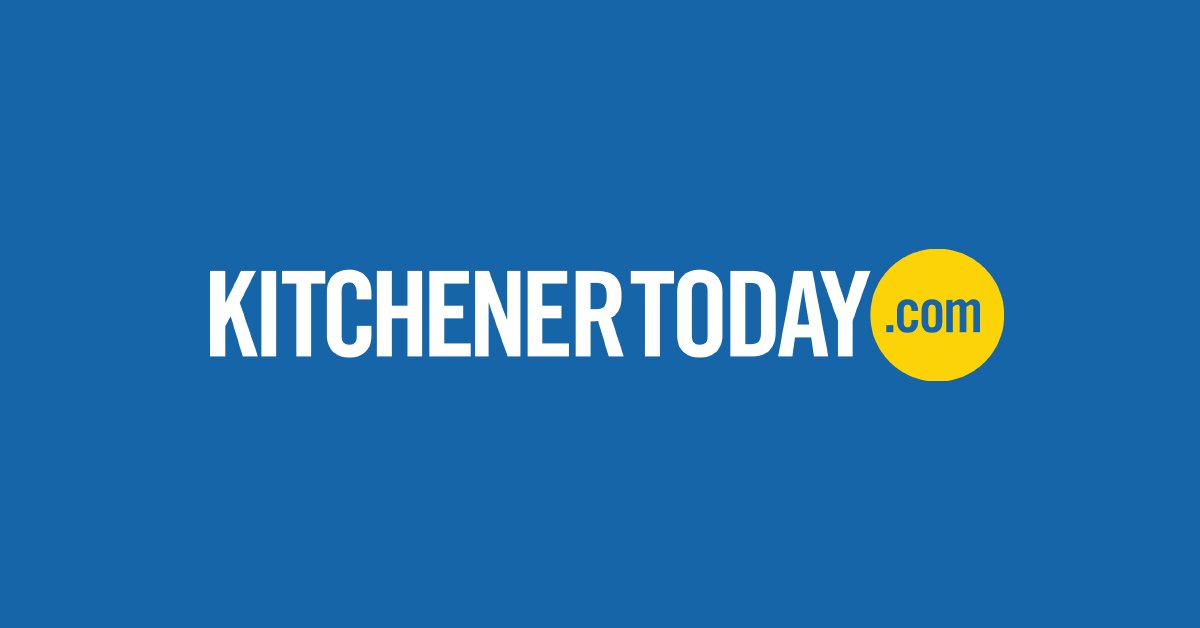10 day paid sick leave open to abuse, says employment lawyer
Bill C-4 is still working its way through the Senate, but one lawyer is assuming the worse case scenario.
Bill C-4 intends to provide Canadians aid during the pandemic as it replaces the defunct $500-per-week Canadian Emergency Relief Benefit.
It was passed unanimously on Wednesday, and is working its way through the Senate.
Part of the bill aims to provide employees a two-week (10 work days) paid sick leave in order to prevent the spread of COVID-19. While labour activists are cheering for the decision, the proposition does not sit well with everyone.
Howard Levitt, Senior Partner at Levitt LLP says the paid sick leave is open to abuse, taking a cynical view of the situation.
He says the lack of direction on what employers can or cannot do leaves them at a severe disadvantage, having to take people at their word with no formal procedure they can follow in order to confirm if an employee is truly sick. According to Levitt, even a doctor’s note is more of an inconvenience than a tried and true method for employers. He also questions what gets counted as an illness under the legislation
He says it leaves employers having to take a hit to productivity.
“Employee’s attitude is, ‘if I get 10 days free, I’ll take it. I must be a sucker when I see my friends taking it; when I see my co-workers taking. I may as well too.'” he said. “And it will begin to be used, as is in many union contracts, as simply something you call a sick day, but really is just 10 more floaters a year.”
Assuming the worse case scenario of the vast majority of workers taking advantage of the sickness leave, he sees the economy taking a hit.
“And what about the impact on our taxes? Of suddenly, all employees in this country having an extra two weeks off, which is four per cent of wages of all employers suddenly added to the federal payroll. There are some real problems here, and it seems more a political strategy rather than a legal one or one to deal with a real need.”
“The lack of the ability of employers to ascertain whether a person is legitimately sick, is going to be a real problem because unexpected, unplanned absenteeism is much harder on employers than scheduling absences like vacation times, so people are going to call in sick whenever they want to take a day off,” he said. There’s also the question of workplaces who already provide paid sick days, and whether they can pocket the savings or not.

